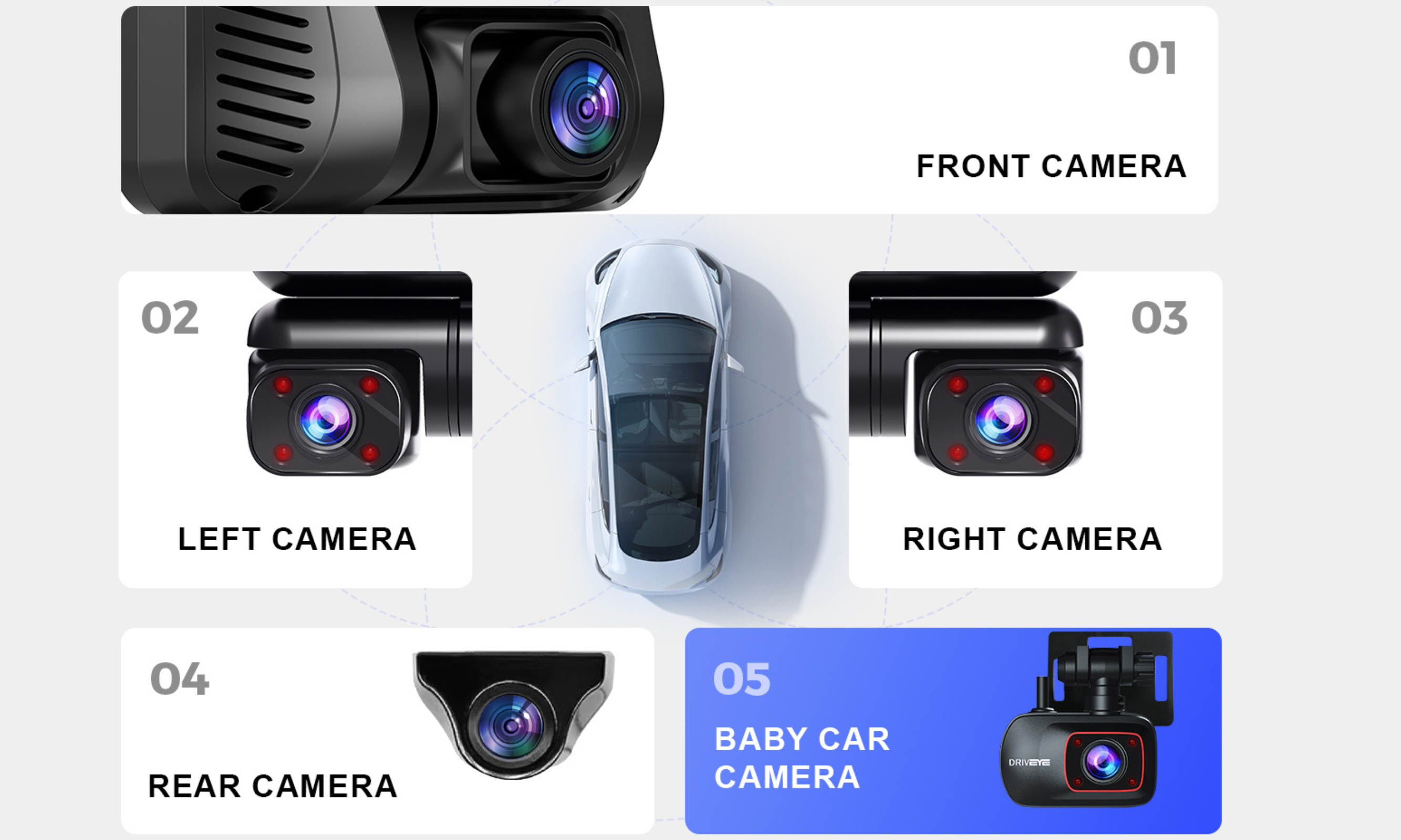When an accident happens, it's your word against theirs—unless you have a dash cam. In recent years, dash cam footage has become one of the most powerful legal tools for drivers involved in collisions. Whether you’re proving fault, protecting yourself from fraud, or speeding up an insurance claim, dash cams provide objective, timestamped video evidence that holds up in court.
Let’s explore how dash cams strengthen your legal position after a traffic incident—and why more drivers are making them essential gear.
1. Dash Cam Footage Is Admissible in Court
In most countries and U.S. states, dash cam video is legally admissible as evidence in both civil and criminal court cases—provided it’s obtained lawfully and relevant to the incident.
Unlike eyewitness accounts, which can be flawed or biased, dash cam footage provides:
- A clear visual timeline of the event
- Verified timestamps and GPS coordinates
- Real-time audio (if enabled) that may support verbal context
This kind of evidence is especially valuable in disputes over red light violations, unsafe lane changes, or sudden braking scenarios.
2. Prove Fault and Avoid Unjust Liability
One of the biggest legal advantages of having a dash cam is that it can clearly demonstrate who was at fault—and who wasn’t. This is critical in situations where:
- Both drivers claim innocence
- The other party is uninsured or hostile
- Police reports are inconclusive
With front and rear dash cam footage, you can capture the full scope of the incident, including what happened before and after the crash. In many cases, this can prevent you from being wrongly blamed or ticketed.
3. Defend Against Fraud and Staged Accidents
Crash-for-cash scams and staged rear-end collisions are on the rise. In these setups, fraudsters intentionally cause minor accidents and then file exaggerated claims.
A dash cam helps expose these scams by capturing:
- The unusual driving behavior leading up to the “accident”
- The moments after impact when scammers may act suspiciously
- Discrepancies between physical damage and their story
In legal disputes or insurance investigations, this footage can discredit false claims and protect your driving record and wallet.
4. Speed Up Insurance Claims and Legal Disputes
Legal cases and insurance claims can drag on when details are unclear or contested. Dash cam footage:
- Speeds up investigations by providing indisputable proof
- Helps adjusters make faster, fairer decisions
- May even reduce the need for court appearances
Some insurance companies offer lower premiums for drivers with dash cams, recognizing their role in claim prevention and dispute resolution.
5. Supports Traffic Citations and Police Reports
If you're ever pulled over or cited unfairly, your dash cam might help your case. Footage can:
- Show whether you truly ran that red light
- Prove you were following safe distance
- Reveal if another driver was behaving aggressively or illegally
In some jurisdictions, drivers have successfully appealed traffic tickets using dash cam footage, especially when traffic cams or officer observations were inaccurate.
When the Law Needs the Truth, Dash Cam Footage Delivers
In the aftermath of a traffic accident, facts matter—and dash cam footage gives you the facts in high definition. Whether you're protecting yourself from liability, exposing fraud, or proving your innocence, the legal advantages are undeniable.
With multi-channel systems like the DRIVEYE D9, you don’t just record the road ahead—you document the full story, from every angle.
Don’t rely on memory. Record the moment. Protect yourself legally with DRIVEYE.
Click on the right to learn about our latest product: DRIVEYE D9 5-Channel Dash Cam - giving you 360° protection without blind spots





Leave a comment
This site is protected by hCaptcha and the hCaptcha Privacy Policy and Terms of Service apply.